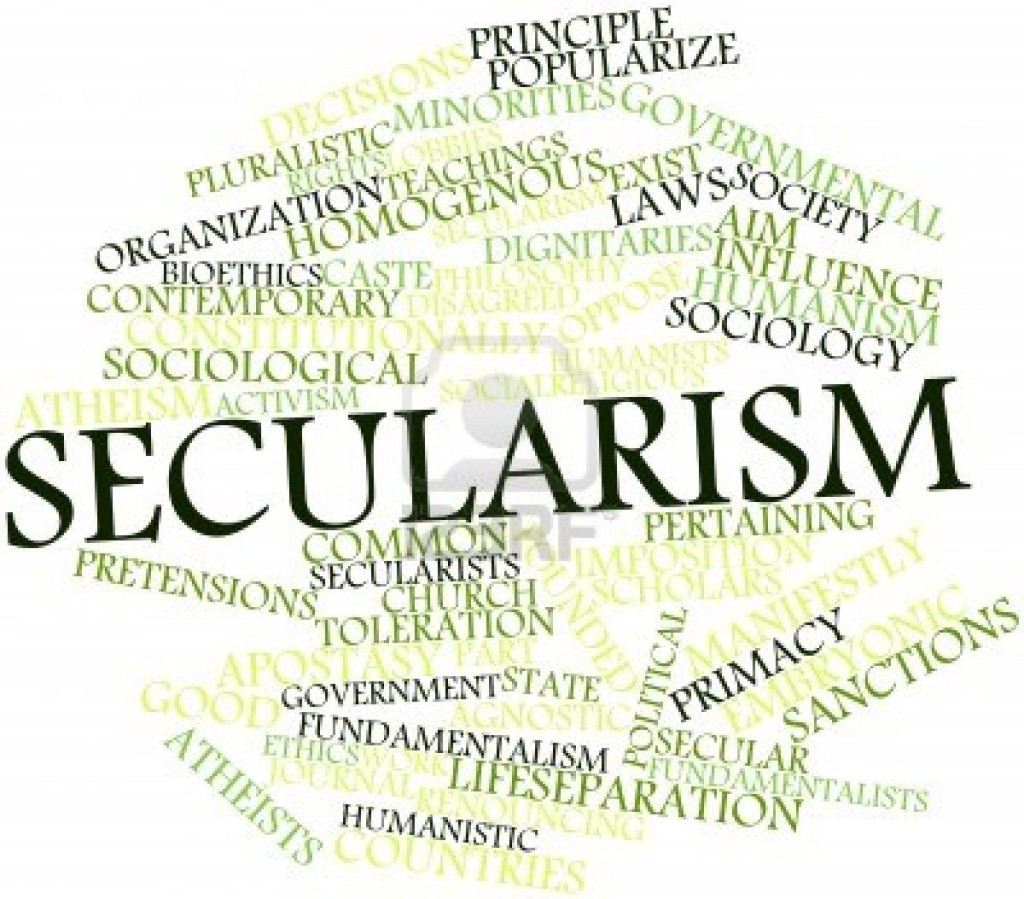Sharad Bailur’s ‘In Defence of Assertive Secularism’ and Seema Chishti’s ‘The Shoaib effect and Indian Muslims’ have a common thread: the intersection of religion, secularism and politics.
Religion is one of the most potent forces in human existence. It provides a sense of solace and an anchor in an increasingly complex world, notwithstanding, and often due to, all the scientific and technological advances made every day. Given its fundamental and deep-seated impact, it also has the potential of causing the deepest divisions.
Since Dr S. Radhakrishnan, the modern equivalent of our philosopher-king, said “religion is what we do when we are alone”, religion is an individual’s belief or an individual activity, although obviously if several individuals share the same belief, as indeed often is the case, it can even be a group activity. Politics, being essentially concerned with acquiring and exercising power in societies, is very much a group activity.
Since individuals and groups have to exist together, a way of reconciling religion and politics is a necessity. Ever since George Jacob Holyoake (1817-1906) coined the term, secularism has come to be the so-called modern society’s response to the intersection of religion and politics.
In single-religion societies/countries, secularism is not a concern. India’s complexity arises because it has an ancient, living and evolving religion — practised by the majority — as well as innumerable other religions. Additionally, it has countries on its borders which were carved out of its own territory on the sole basis of religion, one of which is Pakistan. Thus we have peculiar issues facing Muslims in India as brought out by Seema Chishti.
Sharad Bailur is right when he says that we are now in a state of “competitive obscurantism” because ever since the 42nd Amendment (January 1977) to the Constitution made India into a “sovereign socialist secular democratic republic” instead of a “sovereign democratic republic”, all of us have been free to interpret secularism in the way we liked, with politicians being the most creative in this endeavour in order to garner votes.
While several countries have their own interpretations of secularism — France enacted a law as far back as 1905 for this purpose — India has, as Sharad Bailur hints, shied away from dealing with it directly. This should actually not be difficult given that the complexity of ‘Indian-ness’ has been noticed. Herbert Hope Risely, a census commissioner, talked in 1891 of an “equally mysterious thing called national character” and that “beneath the manifold diversity of physical and social type, language, custom and religion, there is an Indian character, a general Indian personality which we cannot resolve into its component elements”.
But for that our politicians will have to rise above the parochial instincts, and we, the citizens, will have to follow Radhakrishnan’s view of religion being ‘what we do when we are alone”, rather than practising it on the streets.
